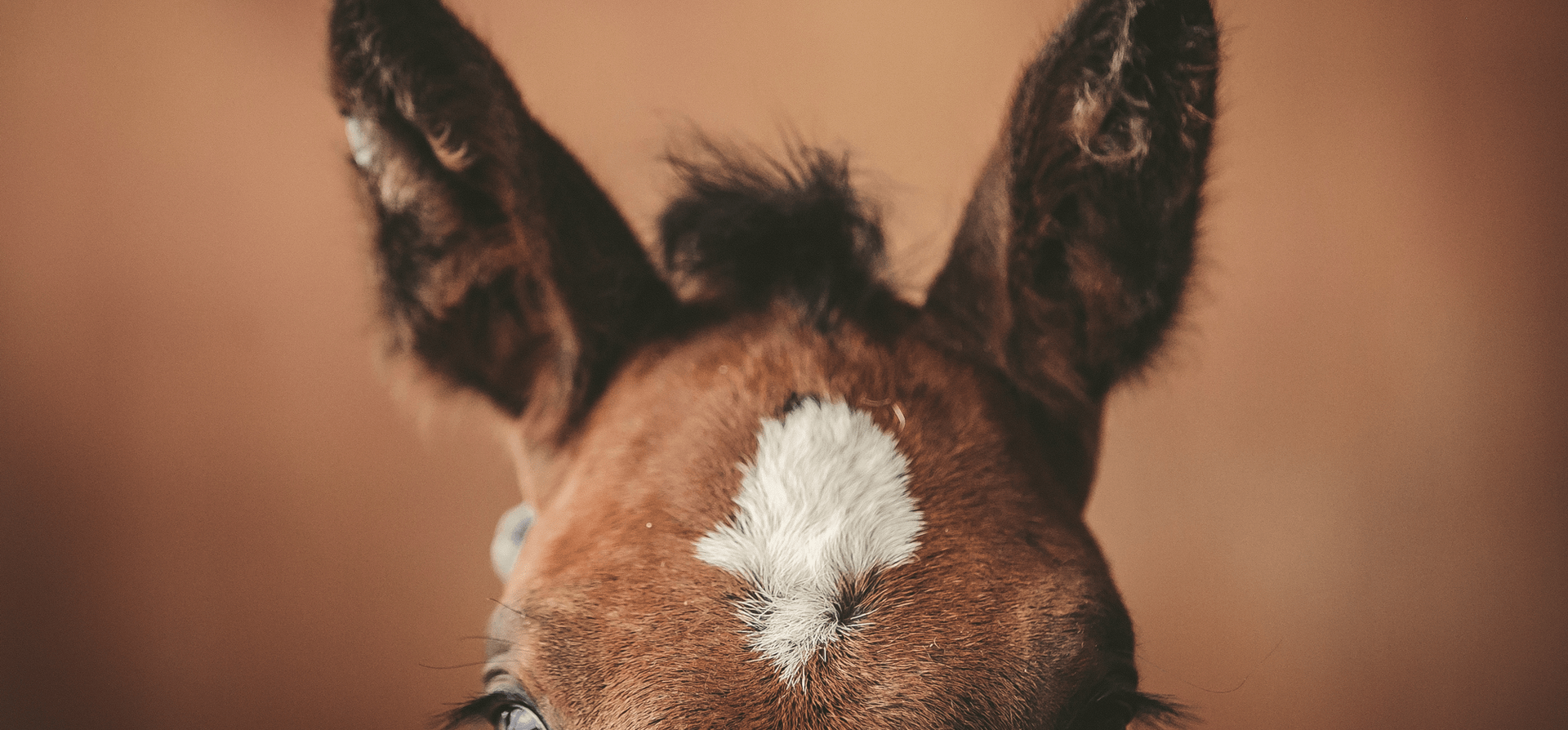About Mānuka Honey
What's special about Mānuka Honey?
All honey has some antimicrobial properties – even the ancient Egyptians used it to promote wound healing.
But mānuka honey is unique in that it contains a special organic compound called methylglyoxal (MG), which may not only stop bacteria from being able to replicate but helps keep the wound from getting too inflamed.
However pure mānuka honey is also hard to obtain. For the bush to flower in the spring, conditions need to be right all year, so a good harvest is never guaranteed. And if it grows too closely to other flowering plants, the other pollen will dilute the mānuka content and reduce the honey's benefits.
Mānuka Vet's honey is all pure and traceable. It's harvested from large stands of mānuka far from potential sources of chemical pollutants (e.g., manufacturing or intensive horticulture) and sourced from some of the most remote areas of the New Zealand wilderness to ensure the highest quality.
Mānuka Honey
Genuine Mānuka honey contains a special compound (Methylglyoxal or MG) which helps keep the wound from getting infected and modulates the early inflammatory phase of wound healing helping the wound heal better and potentially faster.
How do Mānuka Honey work?
Mānuka honey is about 80% sugar, and the rest is made up of water molecules that are bound so tightly that they are unusable by micro-organisms such as bacteria.
With its high levels of gluconic acid and a pH of around 3.2 to 4.5, mānuka honey has an osmotic effect on wounds, drawing moisture out of the surrounding skin and circulatory system and into the wound itself. This creates a moist environment that promotes the removal of dead tissue – known as debridement – along with improved healing.
The honey's osmotic effect also extends to any micro-organisms present, pulling moisture from them and preventing them from replicating.
MG, the main active compound in mānuka honey, is created as the bees process the pollen into honey. The higher the MG levels, the greater the activity. One of the key properties of MG is that it can cause the breakdown of cells in micro-organisms by disrupting the genetic code that keeps their cell walls stable. It can also disrupt the genes that code for surface-binding proteins, which can help prevent biofilms.
Biofilms are made up of thin layers of micro-organisms chained together, and are involved with delayed healing and serious infection.
What does mānuka honey mean for wound care?
Antibiotic resistance is a growing problem in veterinary medicine. The World Veterinary Association has been warning vets for a long time about the overuse of antibiotics.
Mānuka honey has several active components, which work together on the bacteria in a wound – unlike antibiotics. MG has been shown to decrease proteins in methicillin-resistant Staphylococcus aureus (MRSA), making them less able to withstand stress.
While ongoing, research is also suggesting that certain antibiotic-resistant bacteria can be more susceptible to antibiotics when they're used in conjunction with mānuka honey.
This is great news for veterinary wound management. Studies have found that cannon bone wounds on horses that were treated with mānuka honey remained smaller due to reduced retraction, healed faster, and grew healthier new tissue than similar untreated wounds.

Those numbers on the packaging – what do they mean?
When you buy mānuka honey, or a product containing it, there will be a number or grade on the packaging to indicate the levels of mānuka honey's unique active compounds.
Generally, these will be shown as a UMF (Unique Mānuka Factor) measure, or an amount of methylglyoxal (MG) given in mg/kg. These are always shown as a minimum quantity present.
At Mānuka Vet all the honey we use has been independently tested for three markers present in genuine mānuka honey - leptosperin, DHA and MG.
For maximum therapeutic benefits, the honey needs to be at least MG 260+ – but because we really want to make sure your animal gets the best benefits mānuka can provide, we use a minimum of 350+ or higher in all our products.
How to get Mānuka Vet® for your pet
Spread the word about Mānuka Vet®!
Check out our retailers to find the one that's nearest to you, or let your vet or preferred supplier know about our product and ask them to become a stockist. Your pets are family, and they deserve the best – so ask for Manuka Vet® today.


